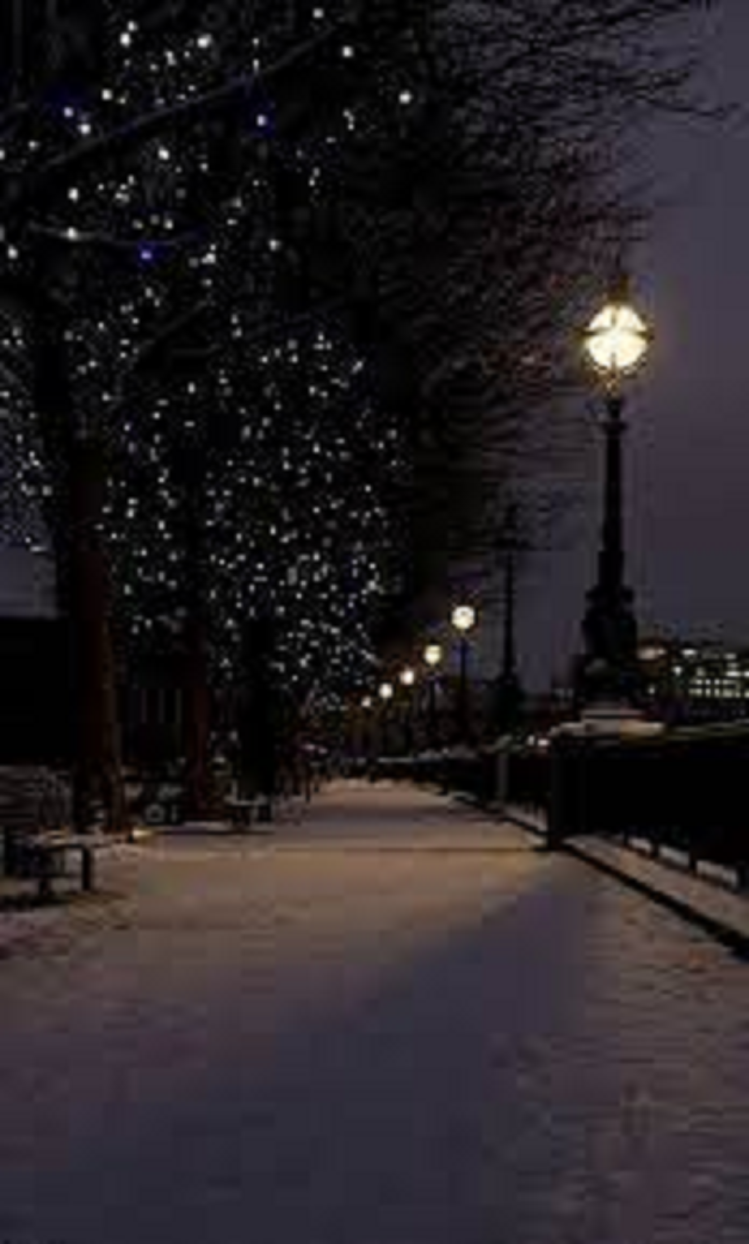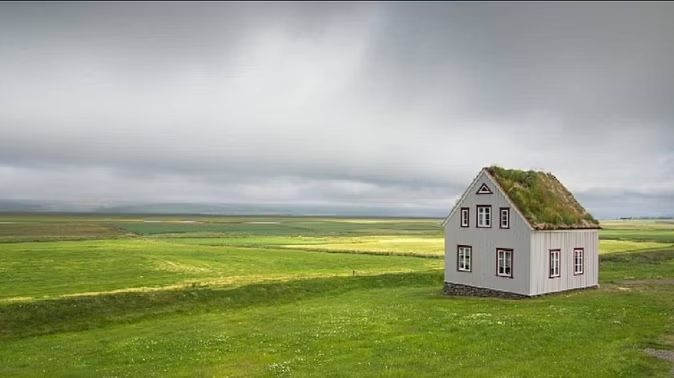All the countries located above the Earth's equator, including India, will experience the shortest day and longest night today. This is called winter solstice. It is an astronomical event that officially signals the beginning of the winter season.

Astronomically, the winter solstice occurs at the exact moment when the North Pole is farthest from the Sun. As a result the day is shortest and the night is of longest duration. The Winter Solstice occurs every year on December 21st.
The science behind this phenomenon lies in the Earth's axial tilt of approximately 23.5 degrees. As our planet orbits the Sun, its tilt causes different amounts of sunlight to reach different parts of the world at different times of the year. During the winter solstice, the Northern Hemisphere angles away from the Sun, causing the days to become shorter and the nights to become longer.
Days will get longer from today.
The Northern Hemisphere will see only about 7:14 hours of daylight today, marking the peak of winter with shorter days and more darkness. Despite the darkness, the Winter Solstice is also a turning point, as each day after today will gradually grow longer, moving toward the warmth and brightness of spring.
Significance of the Winter Solstice

The winter solstice symbolizes more than a change in the calendar. Cultures around the world have long celebrated this day with various rituals and traditions, from lighting lanterns to setting intentions for the coming months. The winter solstice serves as a powerful reminder of nature's enduring cycles and the constant promise of the return of light.
Photo Credits: Google










